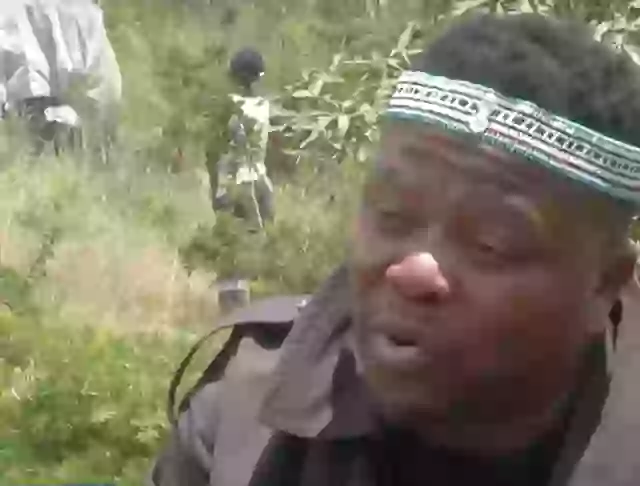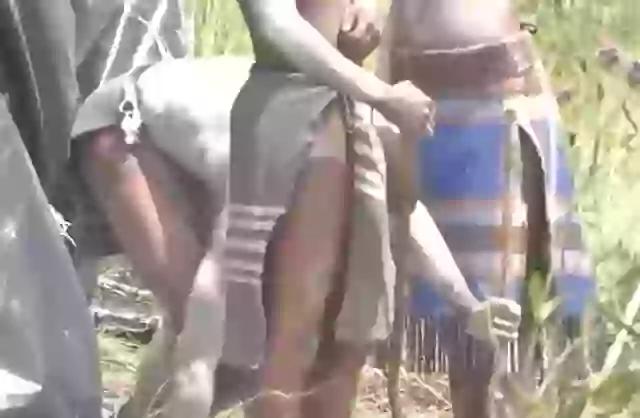The haunting cries that traditionally signal a boy’s passage into manhood have instead echoed with grief this year across South Africa’s rural landscapes.
In hidden mountain enclaves, far removed from public scrutiny, dozens of young boys entered the time-honored Ulwaluko initiation rites—only to never return. Behind the veiled customs and smoke-filled huts, a grim cycle of death and injury continues unchecked, exposing the deadly flaws lurking within this sacred tradition.

A Deadly Toll Shadows South Africa’s Rite of Passage
This summer’s Ulwaluko season has once again been marred by tragedy, with reports confirming that 39 boys lost their lives during the circumcision ritual—a ceremony steeped in cultural significance that marks the transformation from boyhood into manhood.
Alongside these fatalities, scores of others have suffered life-altering injuries, including permanent disfigurements and amputations.
Despite its cultural importance, Ulwaluko faces mounting criticism over the frequency of these preventable tragedies. Experts and officials consistently highlight unregulated, illicit initiation schools as the epicenter of the problem.
These clandestine operations often rely on underqualified practitioners who perform procedures under unsanitary, hazardous conditions without proper medical oversight.
Athol Trollip, chair of the ActionSA party in Eastern Cape, has been a vocal critic of the status quo. In a statement issued last year, he stressed.
“Most deaths occur in illegal camps run by opportunistic individuals who lack the necessary skills or supervision.” He urged the government to overhaul the system, warning, “We cannot keep losing our sons to unsafe traditions.”

Secrecy, Isolation, and Limited Oversight
The Ulwaluko ritual is deliberately conducted in seclusion—inside specially built huts where only elders and initiates are permitted entry—making monitoring by authorities or medical professionals extremely difficult. This secrecy protects cultural heritage but also shields dangerous practices from accountability.
Minister Velenkosini Hlabisa, head of Cooperative Governance and Traditional Affairs, promised increased enforcement ahead of this year’s initiation season.
“We will shut down any schools found violating safety standards. Accountability is non-negotiable,” he declared. Yet despite these commitments, the death toll remains staggering.
In 2024 alone, official figures reported 94 fatalities and 11 amputations tied to unsafe initiation rites. Over the past five years, roughly 361 boys have perished as a result of botched circumcisions and unhygienic conditions.
Cultural Pressure and Social Consequences
Though participation in Ulwaluko is officially voluntary, societal expectations exert enormous pressure on young men to undergo the ritual.
Refusal can lead to harsh social sanctions—including ostracism, bullying, and exclusion from male cultural roles—branding dissenters as “Inkwenkwe,” a term meaning “boy,” implying immaturity and social rejection.

To combat these dangers, the government has pledged to cut the number of illegal initiation schools nearly in half—from 429 to around 215—by 2029, aiming to foster safer environments while preserving cultural rites.
Final Reflection
The tragic deaths of 39 boys during this year’s initiation season are not isolated events but symptoms of a longstanding crisis at the crossroads of tradition, governance, and public health. Ulwaluko remains a revered cultural cornerstone for many communities, yet the persistence of unregulated, hazardous practices demands urgent reform.
Without decisive action to dismantle rogue schools and enforce rigorous oversight, this deadly tradition will continue to claim innocent lives—leaving behind grieving families and a nation grappling with the cost of preserving heritage at such a human price.
